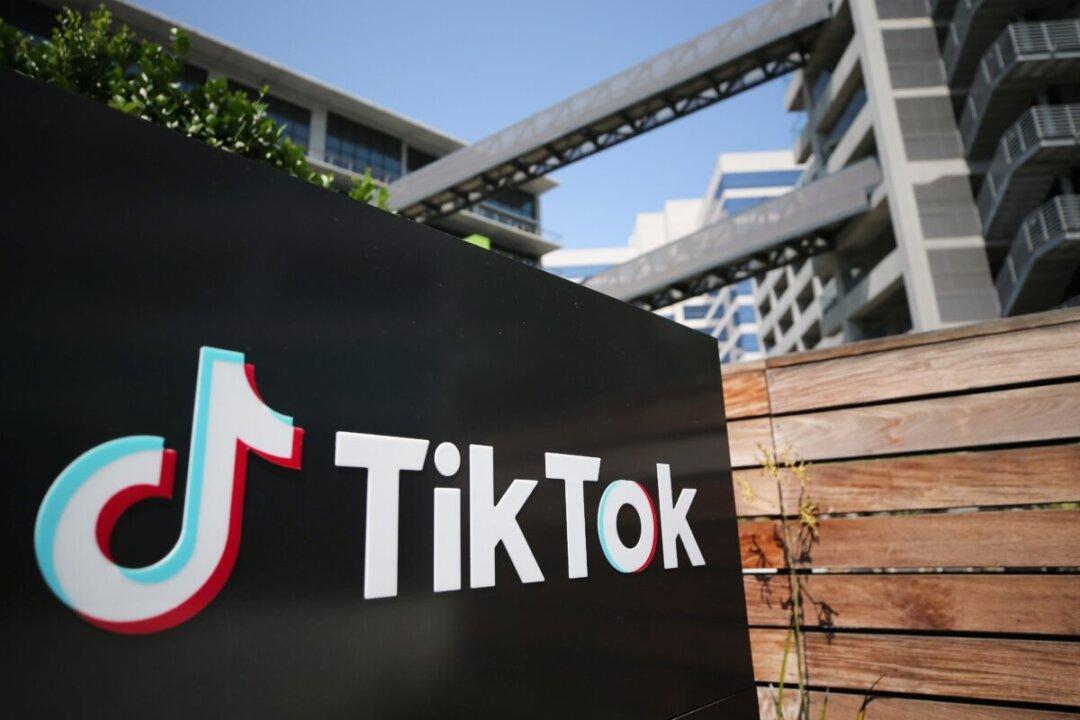The states of Louisiana and West Virginia are the latest to ban the use of the Chinese-owned social media app TikTok on government devices.
TikTok, which is owned by the China-based company ByteDance, boasts of at least 100 million users alone in the United States.





